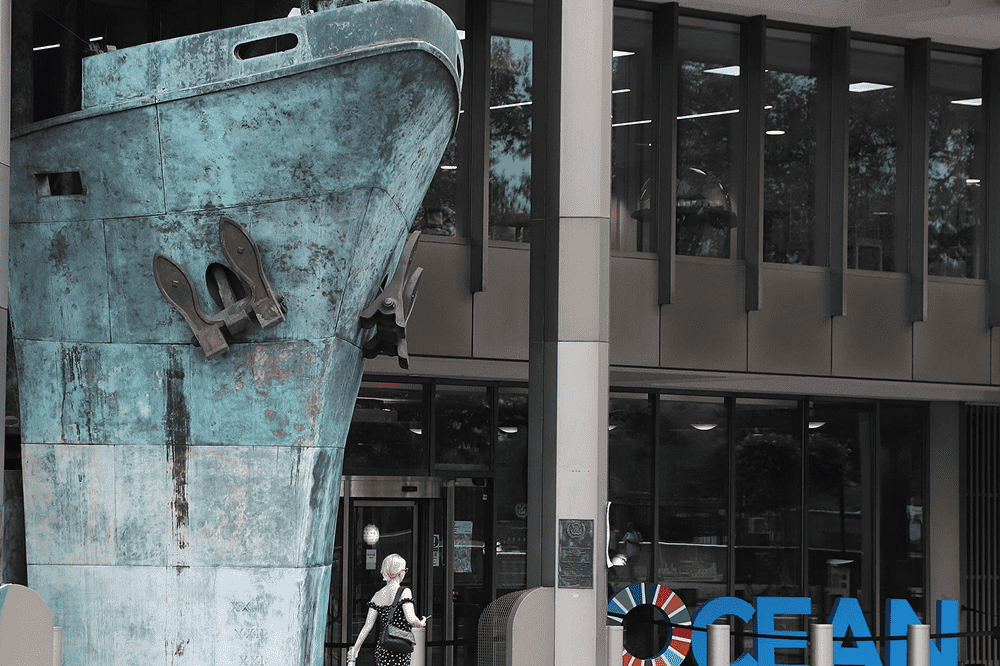Dutch Freighter Grounds During Arctic Route Passage
Dutch freighter Thamesborg runs aground in Canada’s Franklin Strait, spotlighting the persistent risks of Arctic shipping through the Northwest Passage.

The United States has reportedly begun pressing International Maritime Organization (IMO) member states to oppose the proposed “Net-Zero Framework,” warning of potential retaliatory measures (such as tariffs, visa restrictions, and port levies) should the agreement pass during the October vote. Reuters sources confirm embassies have been instructed to urge rejection, arguing the measures would place undue burdens on U.S. maritime interests.
The “Net-Zero Framework,” a centerpiece of global shipping’s decarbonisation push, would levy fees on vessels exceeding emissions standards—part of a broader strategy to achieve net-zero by 2050. In April, 63 of 176 IMO member states backed the deal, with 16 opposing and 24 abstaining, as reported by Reuters. Countries like China and EU members have voiced support, underscoring the deal’s geopolitical significance.
However, U.S. officials, including Secretary of State Marco Rubio and his Cabinet colleagues, insist that the agreement amounts to a disguised carbon tax disproportionately harming U.S. industry. In a joint August statement, they warned: “We will not tolerate any international environmental agreement that unduly or unfairly burdens the United States,” indicating Washington’s readiness to retaliate.
A BIMCO spokesperson told Splash that while the U.S. position is unlikely to prevent the framework’s adoption if it secures approval, Washington’s refusal to participate would make enforcement significantly more difficult.
With the political stakes rising, industry observers warn that shipping faces prolonged uncertainty over regulatory alignment. A fragmented outcome could leave shipowners and charterers managing divergent regional rules, complicating compliance and investment decisions.
This political pressure campaign casts a long shadow over the IMO’s next session. Ahead lies a critical test: can maritime climate policy remain intact in the face of geopolitical brinkmanship?